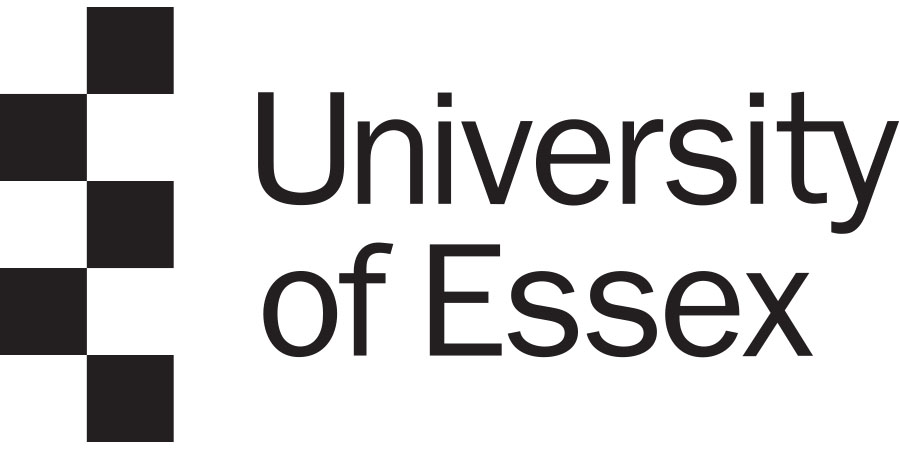PhD Studentship: Digital Technologies of Farming: Analysing and Communicating Its Impact on Farmers and The Environment
University of Essex - Sociology / Mathematics
| Qualification Type: | PhD |
|---|---|
| Location: | Colchester |
| Funding for: | UK Students, Self-funded Students |
| Funding amount: | Living costs stipend at the UK Research and Innovation recommended level per year. The stipend for 2024-25 is £19,237. The rate for 2025-26 TBA. |
| Hours: | Full Time |
| Placed On: | 21st November 2024 |
|---|---|
| Closes: | 7th February 2025 |
| Reference: | 11368 Sociology_Maths Oct 2025 |
Project Overview
This is an opportunity to conduct fully funded interdisciplinary research under the ‘Sustainable Transitions – Leverhulme Doctoral Training Programme’ at the University of Essex.
Technology is changing the way we work across many spheres, including the agricultural industry. For example, sensor technologies employed in farming (like virtual fencing and GPS animal tracking) claim to accelerate the transition to more sustainable agricultural practices. Technological solutions are key to sustainable transitions but their success relies on how people understand and interact with these technologies. The acceptance of digital technologies and their impact on the working practices of farmers, agricultural workers, and conservationists are underexplored (especially in the UK context).
Drawing on perspectives from Science and Technology studies, this project aims to understand how digital sensor technology, and the statistical tools to analyse, visualise, and interpret the resultant data, interact with and shape the everyday working lives of those in the agricultural and conservation sectors. This may include research with those implementing the technology on the ground and with the organisations and stakeholders that promote its use, such as farmers, landowners, the National Trust and regional Wildlife Trusts.
This project offers the opportunity to engage with those at the forefront of technology uptake in sustainable land management transitions, to learn what works and why, and how to value the labour of those who perform it.
Interdisciplinary Focus and Methods
This project will have a strong interdisciplinary focus, combining sociological understandings of how technology can transform human-environment relations through qualitative methodologies, with recent developments in automated technology and methods for analysing, visualising and interpreting animal and environmental sensor data. The project will involve direct collaboration with farmers, land managers, conservationists, and agricultural workers, as well as agrotechnology companies.
Training and Support
You will be supported through the Sustainable Transitions training programme which provides initial training in interdisciplinary research methods, training in the secondary discipline within the project area and ongoing training throughout the duration of the programme. All doctoral scholars benefit from the support of Proficio which entitles you to £2,500 that can be used to purchase training courses either within or external to the University. Additionally Sustainable Transitions scholars are entitled to £10,000 that can be used to cover research costs and further training. Scholars are encouraged to audit masters and degree level course where appropriate. You will also have the support of the Sustainable Transitions management team, as well as your own supervisory team. All Sustainable Transitions scholars will become part of the University of Essex ‘Centre for Environment and Society’ through which ongoing events and networking opportunities are available.
Person Specification
This opportunity would suit a candidate with a social science degree/ background, with an interest in Science and Technology Studies, the sociology of work, qualitative methodology, data visualisation and analytics or sustainable agriculture and conservation.
While prior training in both qualitative and quantitative methodologies is not required, expertise in one would be an advantage, with training provided in both during the programme.
Research Proposal
The project area is broadly defined, leaving scope for the applicant to develop their own specific research proposal as part of the application. The successful candidate will further develop their proposal in close consultation with the supervisory team. Further details and guidance are available via the above ‘Apply’ button.
Advert information
Type / Role:
Subject Area(s):
Location(s):









